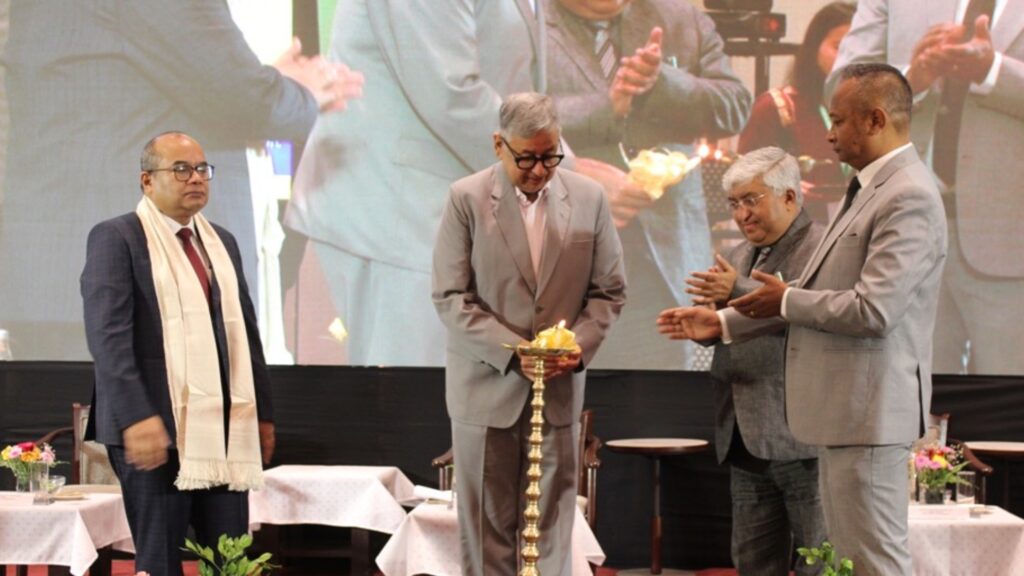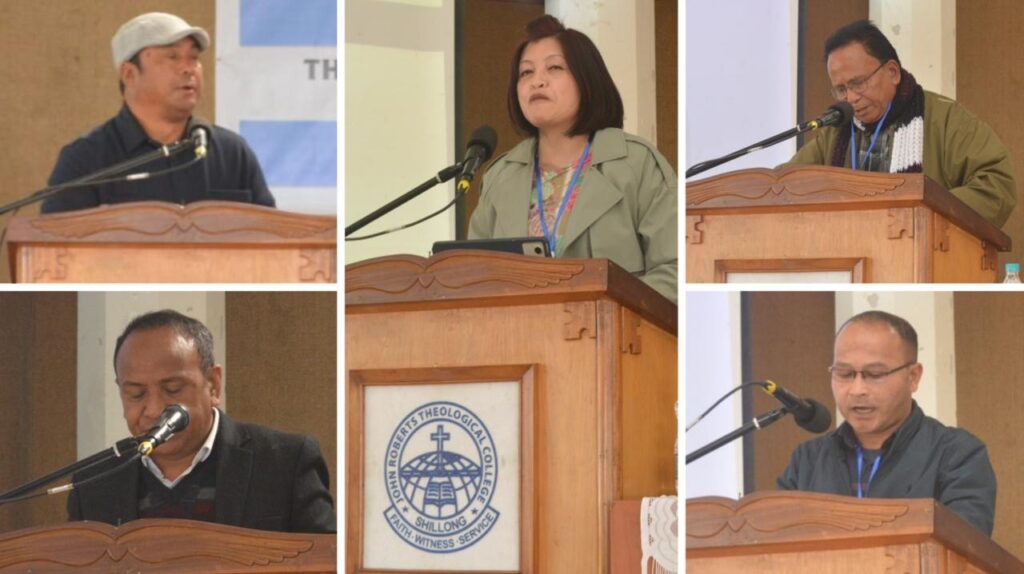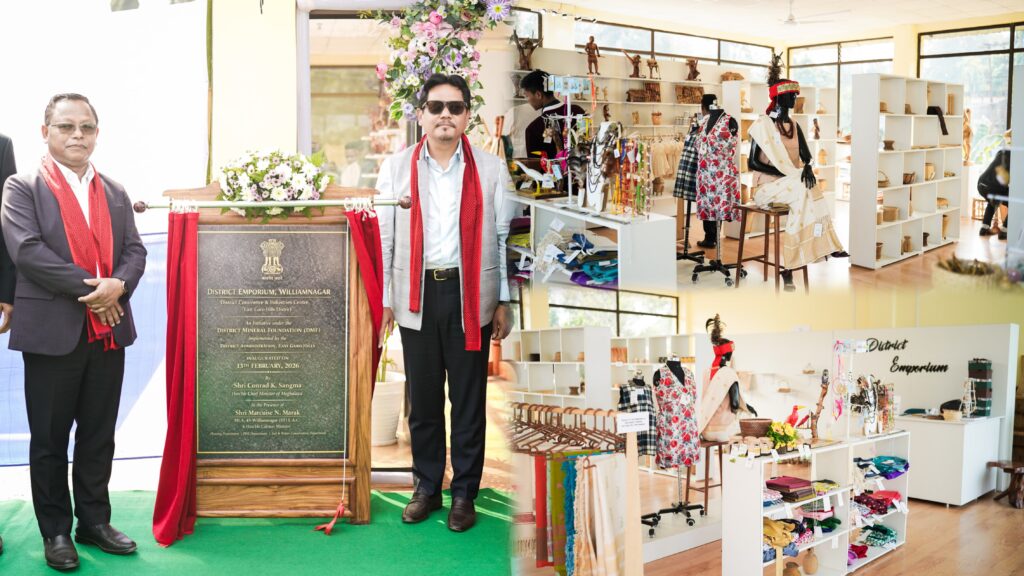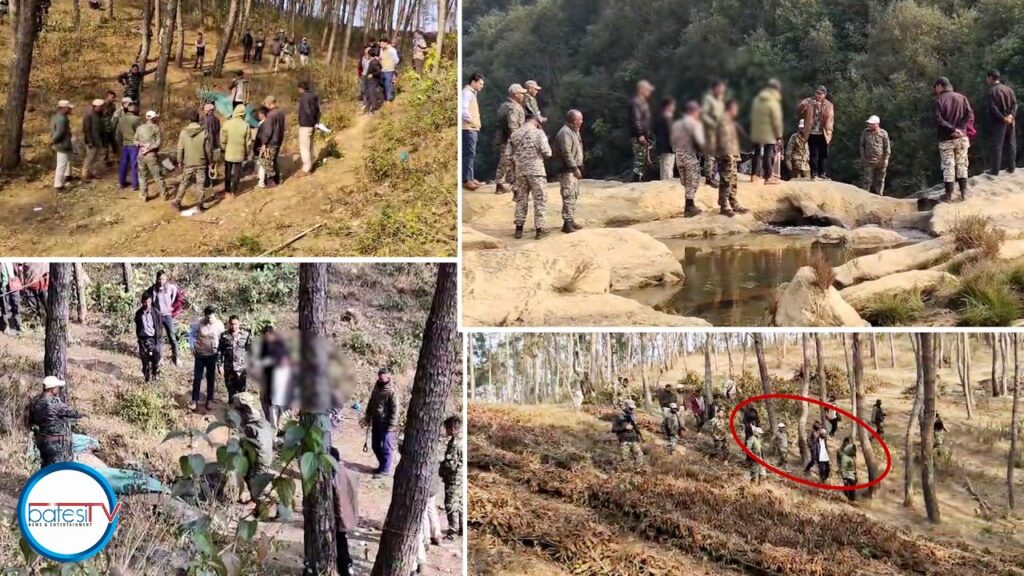Shillong, October 25: The National Judicial Academy (NJA), in collaboration with the High Court of Meghalaya and the Meghalaya State Judicial Academy, organized the East Zone-II Regional Conference on “Advancing Rule of Law through Technology: Challenges and Opportunities” (P-1464) at the Courtyard by Marriott, Shillong.
The two-day conference brought together Chief Justices and Judges from the High Courts of Sikkim, Manipur, Kerala, Kolkata, Guwahati, Bombay, Tripura, Jharkhand, and Meghalaya, along with eminent speakers and legal scholars for various sessions.
In his welcome address, Justice Soumen Sen, Chief Justice of the High Court of Meghalaya, expressed his gratitude to the National Judicial Academy and its Director for their participation in the event. Highlighting the conference theme, Justice Sen said that the rule of law implies that laws must be accessible to the public, equally applicable, and fairly enforced. He emphasized that the integration of technology into the legal system enhances efficiency, transparency, and public trust.
Justice Sen also outlined the fundamental principles of the rule of law—supremacy of law, equality before law, and the predominance of legal spirit—while discussing how technology can strengthen these foundations through digital management systems, e-governance, online legal services, and AI-assisted research tools. However, he cautioned against challenges such as privacy concerns, ethical use of AI, misinformation through mass and social media, lack of empathy in judicial processes, affordability issues, and inadequate infrastructure.
Addressing the gathering, Justice Aniruddha Bose, Director of the National Judicial Academy, stressed the need to advance the rule of law alongside technological growth to prevent the emergence of a “digital apartheid.” He noted that India has made remarkable progress in democratizing access to technology across social strata.
Justice Bose reflected on the transformative impact of technology on the judicial process from the adoption of computers over typewriters to the acceptance of electronic evidence and live streaming of court proceedings. He also recalled India’s pioneering role in forensic innovations, including the first fingerprint bureau established in Kolkata.
“While technology has enhanced judicial efficiency, it also poses new challenges in verifying digital evidence, as manipulated content can be difficult to detect,” Justice Bose remarked. He further noted that artificial intelligence, while capable of assisting judicial work, must be approached with caution and deep understanding.
The first day of the conference featured sessions on “Bridging the Digital Divide: Rule of e-Services,” “Electronic and Digital Media: Role of Courts,” and “Effective Use of Technology in Alternate Dispute Resolution.”
The event was also graced by Justice Hamarsan Singh Thangkhiew, Justice W Diengdoh, Justice Biswadeep Bhattacharjee, and several other dignitaries from the judiciary.








